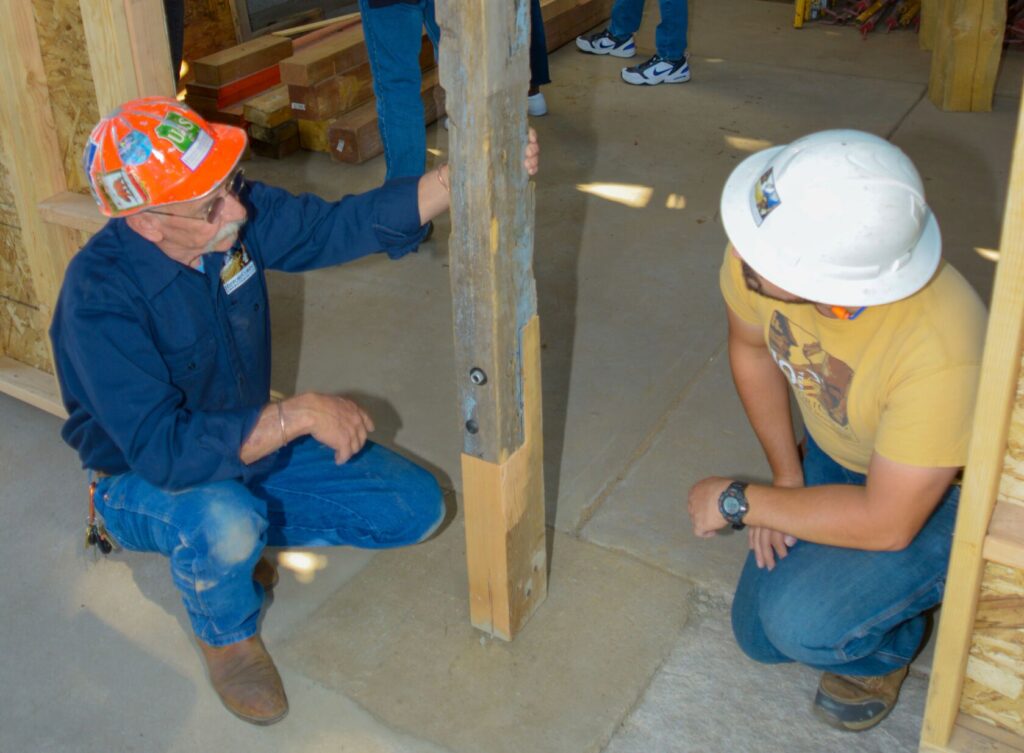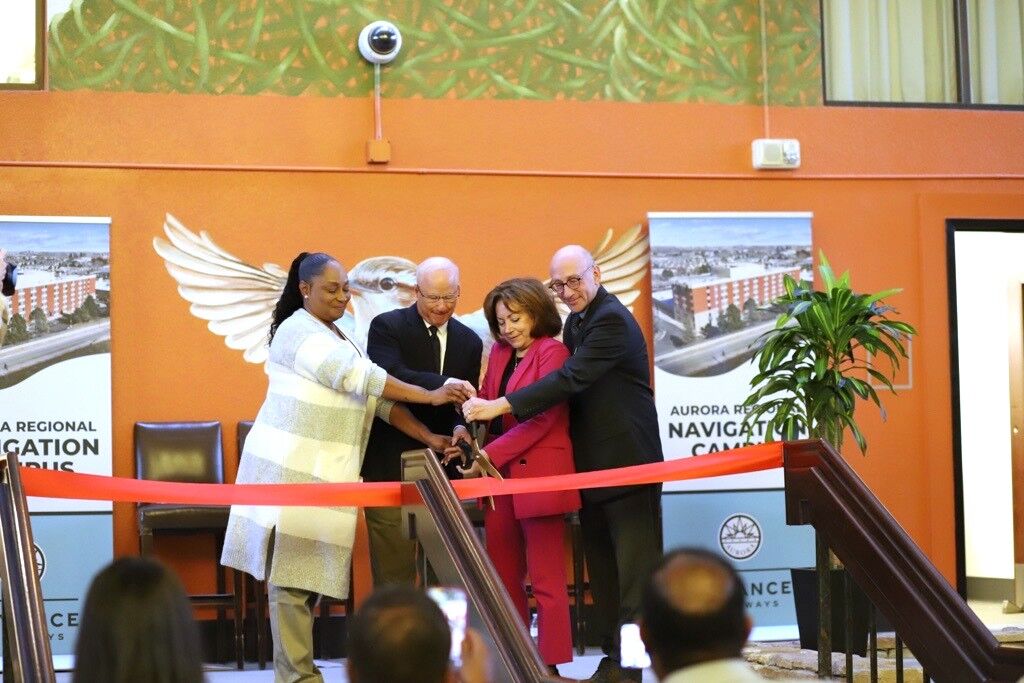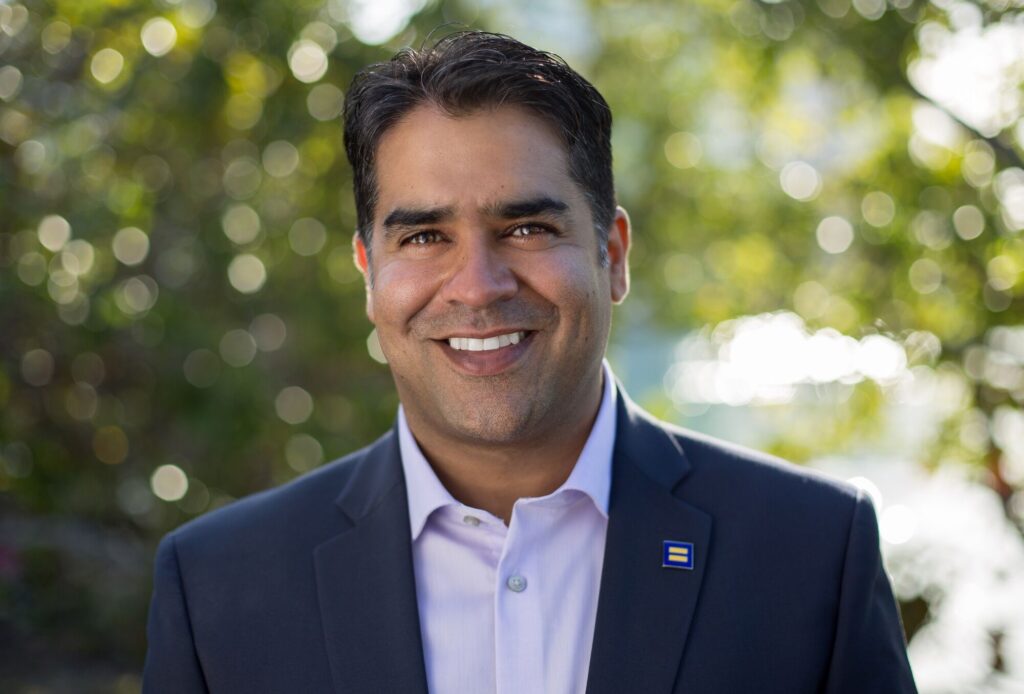DEA squashes cartel-tied drug dealing, seizes over 1,000 pounds of meth
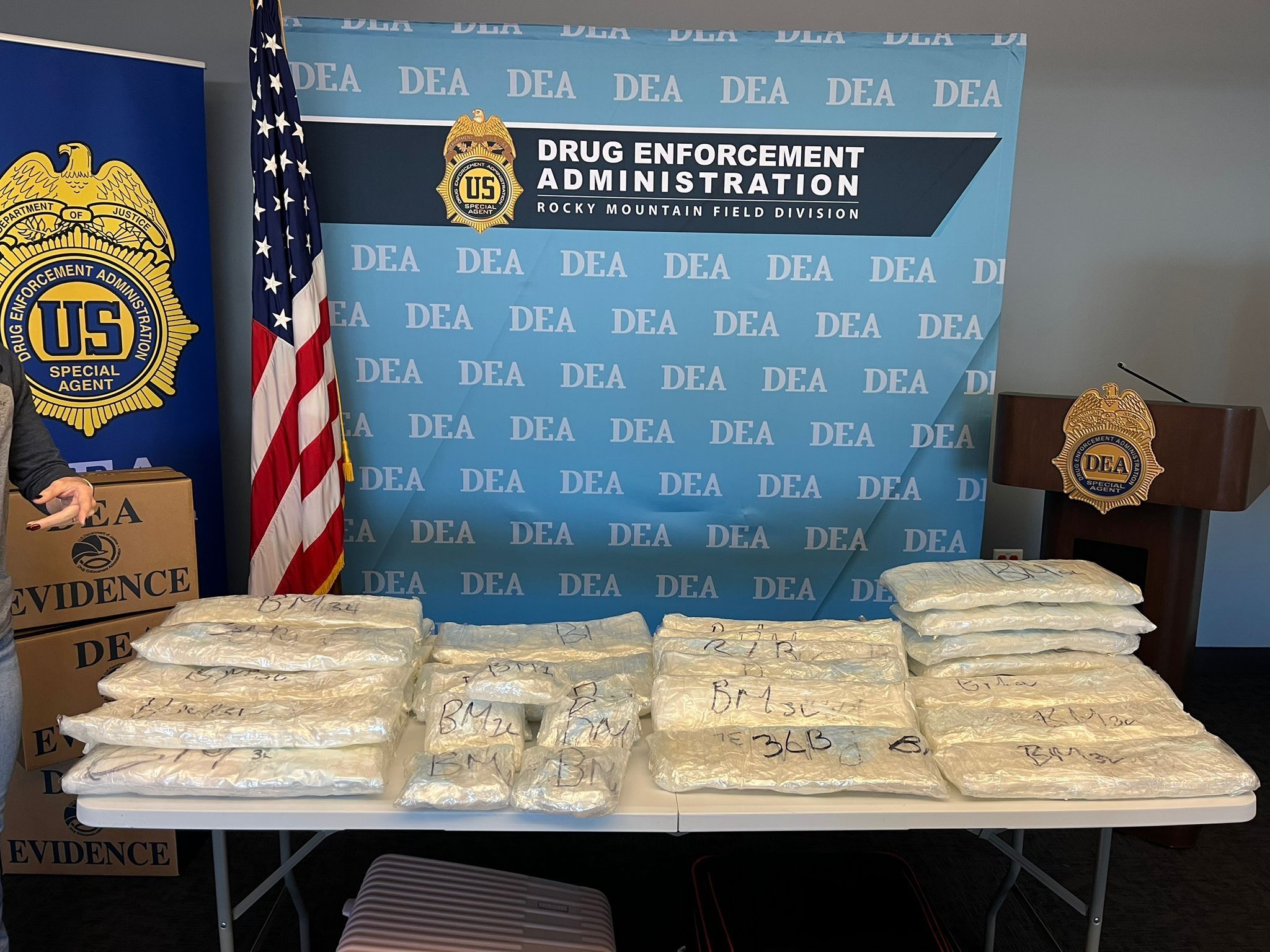
Federal agents announced Wednesday that they had seized more than 1,000 pounds of methamphetamine in a string of drug busts spanning over 11 months, including a record 733 pounds in one operation in April.
The sting targeted a criminal organization that spanned from Colorado to Mexico, and involved undercover agents, wiretaps and other covert operations, said David Olesky, special agent in charge at the Drug Enforcement Administration’s (DEA) Rocky Mountain Field Division.
In a news conference, officials also noted that investigators had executed more than 75 search warrants in relation to the operations.
The criminal group’s leadership is based in Denver but has tentacles reaching into Adams County, Lakewood and Arvada, Olesky said.
The way its members moved the drug was by putting quarter-pound methamphetamine bundles in the corners of boxes full of pear squash that had just been imported from Mexico.
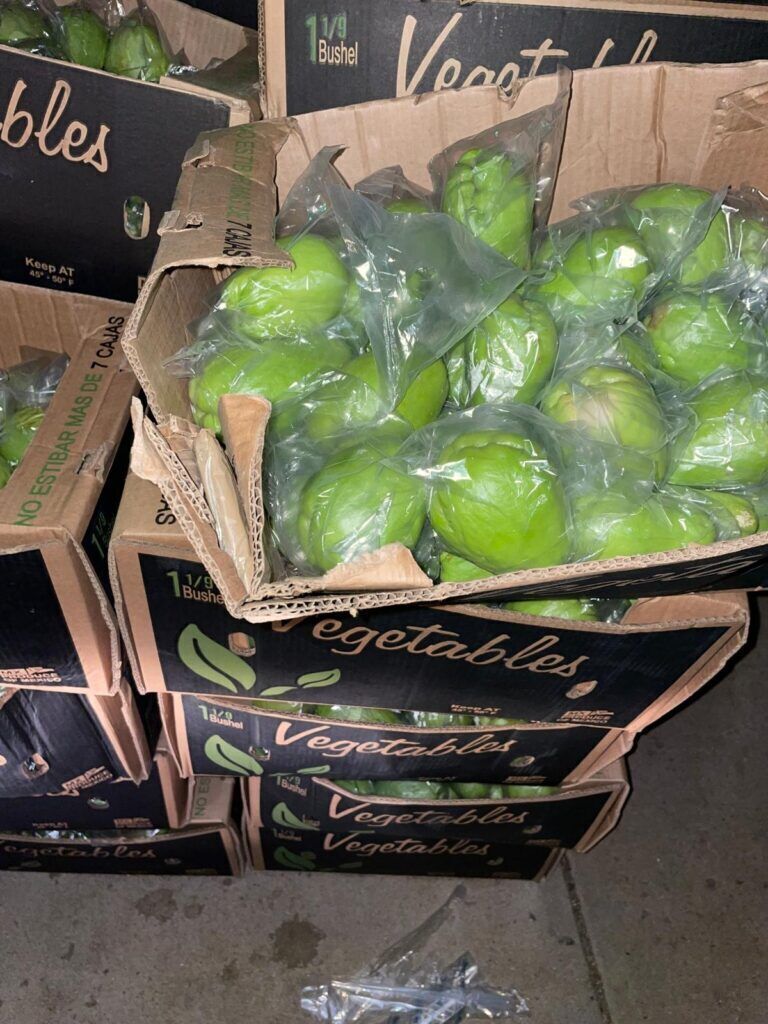
“As ruthless and imaginative as the cartels can be in furthering their illegal activity, they could not outrun the relentless pursuit of our agents, the task force officers and the prosecutors who were on their tail the past two years,” Olesky said.
The case was a successful collaboration between the Homeland Security Task Force — agents from the FBI, DEA, Bureau of Alcohol, Tobacco, Firearms and Explosives (ATF), Internal Revenue Service Office of Criminal Investigation (IRS-CI) and other federal agencies — and local and state law enforcement, including the Douglas County and Adams County sheriff’s offices and the Arvada Police Department, said U.S. Attorney for the District of Colorado Peter McNeilly.
As of Wednesday, 15 people have been indicted in the seizure, 11 of whom are in custody. All face federal drug charges, which carry a minimum of 10 years and a maximum of life in prison, McNeilly said. Four of them are also charged with money laundering; one faces a charge of operating a continue criminal enterprise.
The defendants named in the indictment included Marco Antonio De Silva Lara, Sergio Ivan Arce Lopez, Juan Luis Cabrera Saucedo, Luis Enrique Lopez Lopez, Rigoberto Aranda, Erik Alejandro Benitez Chavez, Robert Shane Gerstner, Joseph Ricardo Menzor, William Joseph Rollins, Brittney Pierce, Francisco Javier Armenta Barraza, Jamie Cash Hoover, Cesar Andres Huizar Guerra and Trenton Anthony Thompson.
Investigators believe that De Silva Lara headed the organization. He, Arce Lopez, Huizar Guerra and a co-defendant referred to as “Mario” were identified as the four facing money laundering charges. They face up to 20 years in federal prison and fines of up to $500,000 – or twice the value of the laundered funds – if convicted, said IRS Special Agent in Charge Amanda Prestegard at the conference.
In addition to the methamphetamine, investigators also seized 23 pounds of cocaine and over 3 pounds of fentanyl, Olesky said.
The organization was involved with the Sinaloa and Jalisco cartels in Mexico, both of whom were designated as foreign terrorist organizations earlier in the year, authorities said.
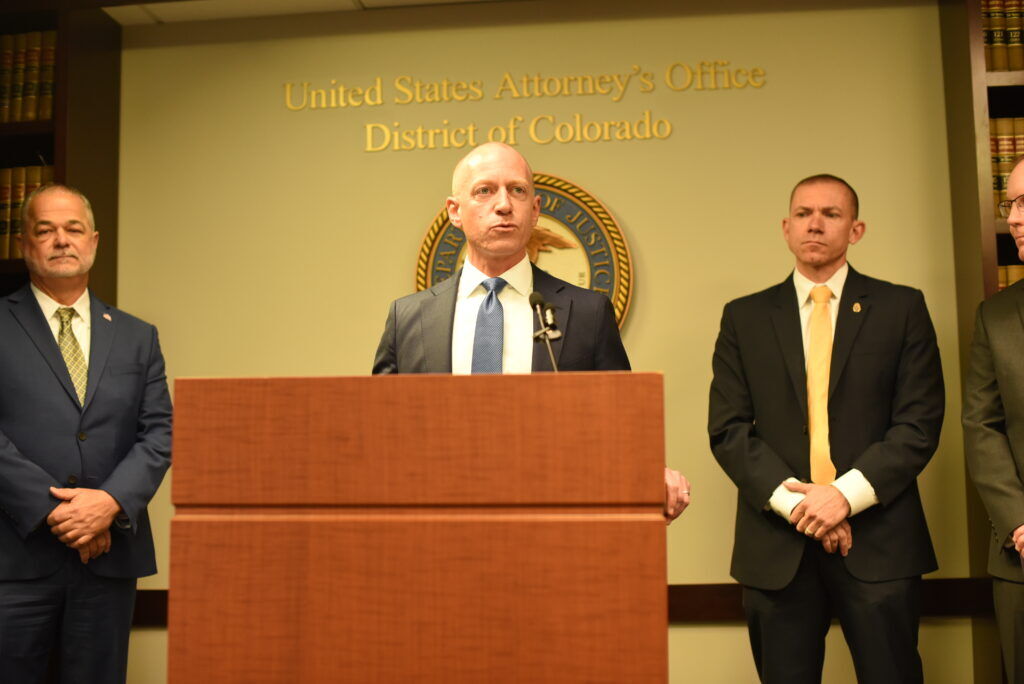
The first operation took place last December, when agents seized 96 pounds of methamphetamine that was en route to the Denver metro area from a Greyhound bus in Vail, said McNeilly. In February, agents seized another 101 pounds from a different member of the organization who was trafficking it across state highways.
In April, a third operation resulted in an additional 733 pounds seized, a state record, from a Lakewood residence, in addition to freezers, propane tanks and other equipment used to make the drug, McNeilly said. The final seizure occurred in August, with 50 additional pounds of methamphetamine taken from a residence in Arvada.
The announcement marked the second time the DEA announced a record-breaking drug seizure this week.
On Monday, investigators announced the seizure of about 1.7 million “fake” fentanyl pills — designed and labeled to look like other prescription drugs — as well as 12 kilograms of powdered fentanyl and 2.5 pounds of methamphetamine. They said it was the sixth-largest fentanyl bust in U.S. history.
That investigation involved a storage unit that a man purchased at an auction after payments for it stopped in April. When that man opened the unit, he found totes full of both the “fake” fentanyl pills and the powder used to press them.
The unit had previously been aligned with a known drug carrier who had been arrested in April, investigators said.
Officials said they believed the purity and potency of the drugs produced by Mexican cartels had been a “major contributor” to the overdose epidemic, both in Denver and throughout the country.
“The state and nationwide overdose numbers have declined year over year; here in Denver County, we are on pace for yet another unfortunate record of drug overdoses,” Olesky said. “Investigating the trafficking and movement of these chemicals to Mexico is a global priority for the DEA and the main cause for why we are seeing such large quantities.”
Denver Gazette Reporter Sage Kelley contributed to this report.



